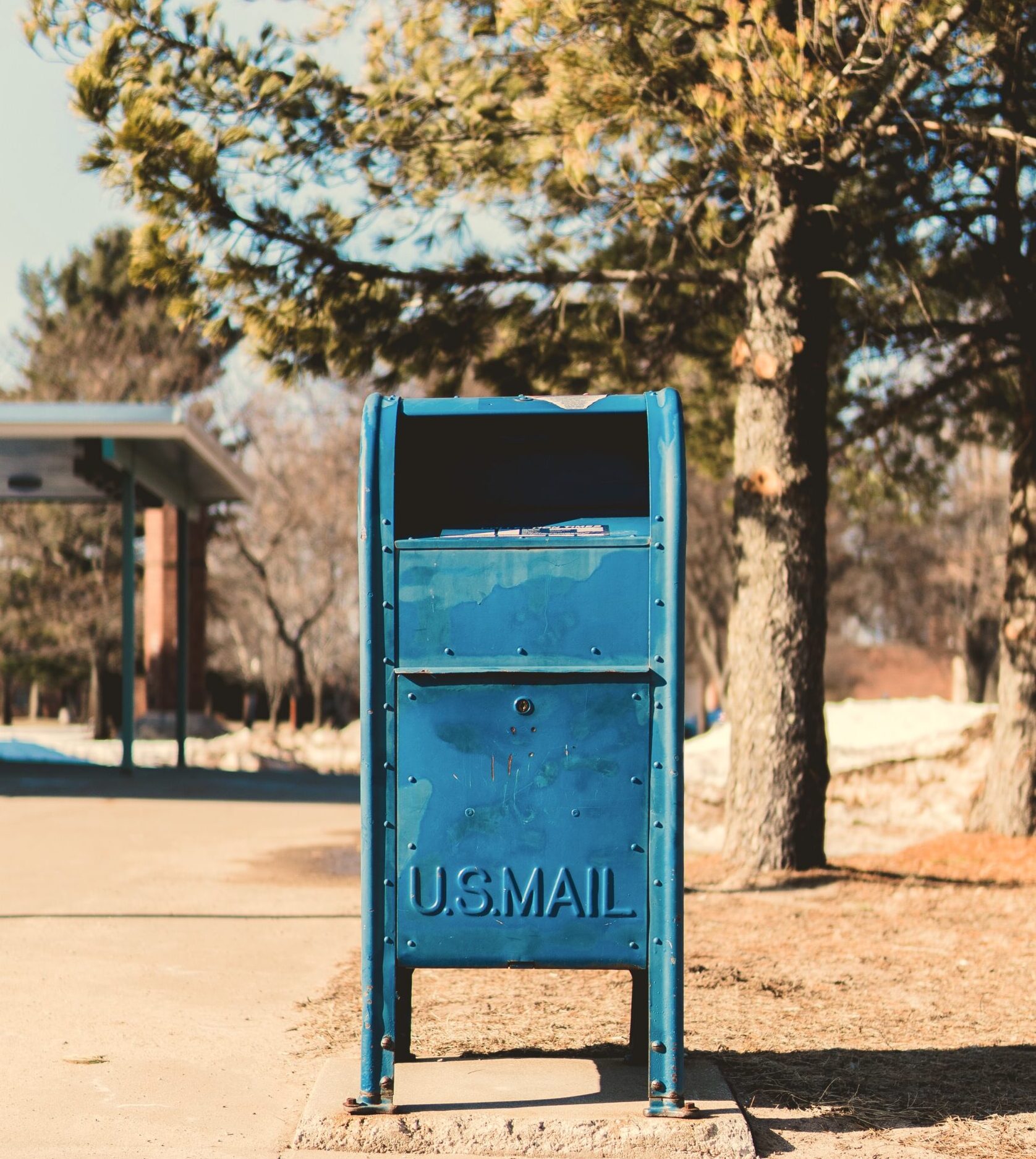Several years ago, after my son and his family departed my summer cottage on Cape Cod, I discovered that they had inadvertently left behind my granddaughter, Lina’s, bath toys. These were not fancy – a few foam letters that stuck on wet walls, a bath-friendly book, and a collapsible little bucket. Knowing that these bits and pieces were an important part of her daily bath experience, I knew I had to send them right away rather than wait until I was back at my Newton home. When I got to the post office in South Wellfleet, the Postmaster helped me find the right size box, place the items inside, seal it, and send it off. As she was getting me organized, she said that about half of the Post Office business was sending back items left behind. Sometimes, what was to be reunited with owners was not worth the cost of the postage, yet there was a constant flow. I felt there was something significant about this phenomenon, so I went back the next morning to learn more. The Post Office clerk filled me in on the types of objects that got left behind, how they got sent back, and perhaps more importantly, why people did it.
The most common left-behinds were utilitarian chargers – all kinds – for cell phones, computers, iPads, iPods, and every other type of electronic device. There were more personal items, such as books, cosmetics, pillows, bathing suits, and clothing – especially kids’ clothing. Wallets and eyeglasses were crucial to a specific person. Then there were unusual send-backs like the huge, tasseled head-dress left in a motel room after a parade. It was tricky figuring out how to pack it up so that it would arrive home safely. Getting even more personal was the diary tucked under a motel-room mattress by a teenager trying to hide it from her parents. Her panicked call to the motel pleaded, “don’t tell my parents!” When a woman in hospice care talked about her favorite Cape vacation spot, the owner bundled up some motel sheets and blankets, and sent them to her. It was the children’s items, like Lina’s bath toys, that elicited the warmest reactions. These included teddy bears and ragged blankets that kids couldn’t fall asleep without.
What was so interesting was how many people took the time to make sure that visitors were reunited with their belongings. It took a lot of effort. Home owners brought in stuff from renters, and hotels, motels, camp grounds, and trailer parks did the same. Post Office staff searched for addresses. Everything little and big had to be brought in, packaged, stamped, and mailed.
I am sure most people wouldn’t hesitate to do this for family members (as I did), friends, or even slight acquaintances but, in these cases, it was done for complete strangers. Often the shippers paid the postage without expecting to get reimbursed. “People who you know will thank you,” the clerk said, “but with people you didn’t know the only gratification was that you did something good, and that felt great.” In this town, that seemed to be enough.
The tradition of returning things was long in this place and it is unlikely that will ever change. There was an embedded culture of caring and concern, an overarching sense of community and connecting. This spirit extended to visitors who left behind seemingly valueless articles. It showed an unspoken, unquestioned, and non-debatable respect for every person and their possessions whether the individuals were known or total strangers who may never return.
A longer version of this article was originally published in the Newton TAB, September 20, 2014.


Leave A Comment